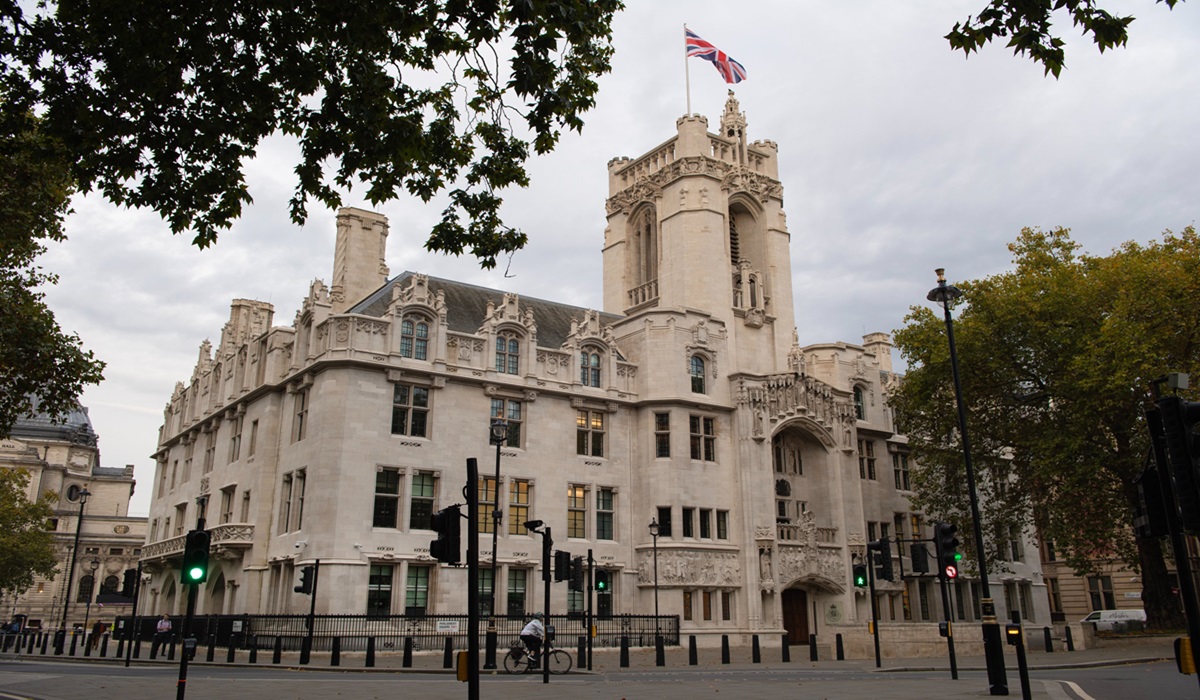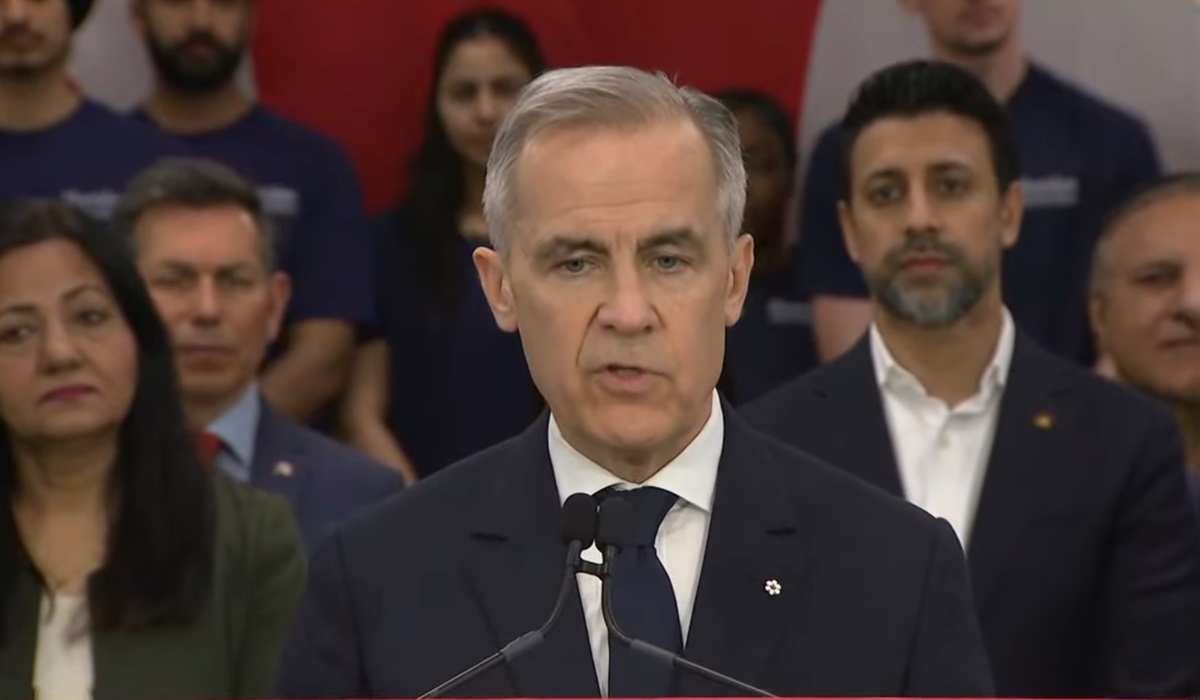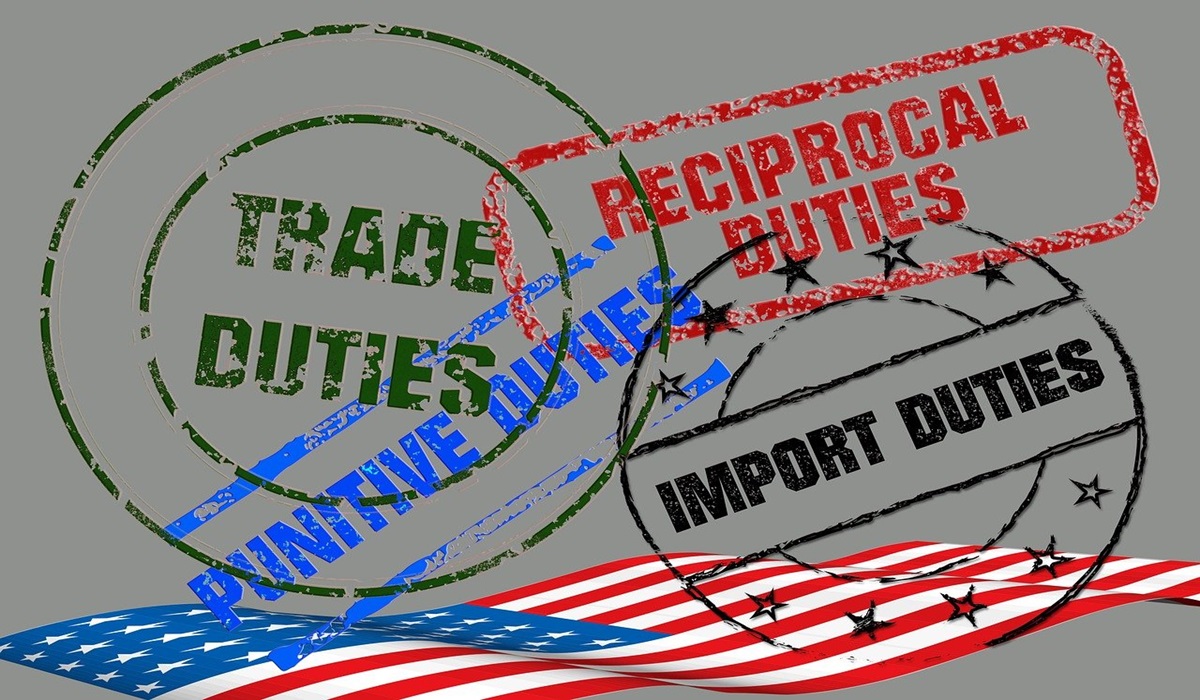Divert, Distort, and Deception: How Politicians Use Cunningham’s Law To Manipulate and Dominate
- TDS News
- Breaking News
- July 7, 2023

In politics, power, influence, and persuasion often dictate success. Politicians have employed cunning tactics throughout history to achieve their objectives. One such strategy that is always present and prominent is Cunningham’s Law. While relatively unknown to the general public, this law has been utilized by a select group of politicians to manipulate, deceive, and attain their goals.
Cunningham’s Law is not a legal principle but rather a concept derived from the observation made by American computer programmer Ward Cunningham. He stated, “The best way to get the right answer on the internet is not to ask a question; it’s to post the wrong answer.” This simple idea forms the basis of Cunningham’s Law. It suggests that by intentionally presenting a false or misleading statement as fact, individuals can provoke others to provide the correct information or engage in a discussion, thereby revealing valuable insights or evidence.
Former US President Donald Trump is one of the most successful politicians to utilize Cunningham’s Law. Throughout his political career, Trump triumphed by skillfully employing misinformation and controversial statements to shape the narrative and control public discourse. With an uncanny ability to provoke responses and create distractions, he gained a devoted following that propelled him to the White House. Trump’s utilization of Cunningham’s Law allowed him to dominate media attention, diverting focus from his opponents and key issues while simultaneously portraying himself as an outsider challenging the established political order.
In Canada, some political pundits have drawn parallels between Trump’s tactics and the approach of Pierre Poilievre, the opposition leader. Poilievre has been accused of attempting to emulate the Trumpian style of politics, employing controversial statements and leveraging Cunningham’s Law to stir engagement. However, unlike Trump, Poilievre has not yet gained the same cult-like following, respect, and approval from most Canadians. While his attempts to employ cunning strategies are notable, Canadian political dynamics, cultural differences, and a more diverse political landscape have presented unique challenges for Poilievre to achieve the same level of success as his American counterpart.
In the political realm, Cunningham’s Law becomes a potent tool for manipulation and influence. Successful politicians understand that presenting misinformation or controversial statements can effectively control the narrative, divert attention, and even rally their supporters. By exploiting the human tendency to correct inaccuracies, these politicians force their rivals, constituents, colleagues, and world leaders to respond, thus providing them with valuable opportunities to steer the conversation or expose weaknesses in their opponent’s arguments.
The utilization of Cunningham’s Law by politicians involves several manipulative tactics. Firstly, it creates a diversionary effect. Politicians can deflect attention from important issues, scandals, or policy failures by deliberately spreading misinformation. This allows them to control the narrative and manipulate public perception in their favour.
Secondly, Cunningham’s Law can expose opponents’ weaknesses or vulnerabilities. Politicians can elicit responses that inadvertently reveal flaws in their rivals’ positions by posing false statements or provocative questions. This tactic weakens opponents’ credibility and bolsters the manipulator’s standing, presenting them as knowledgeable and trustworthy.
Thirdly, Cunningham’s Law can be employed as a tool for mass manipulation. Successful politicians leverage the law’s principles to tap into the vast resources of online communities and social media platforms. By presenting false or misleading information to their followers, they can generate a groundswell of support, shape public opinion, and even distort reality to suit their narrative.
Politicians’ use of Cunningham’s Law raises questions about their intelligence and morality. While these politicians may possess a keen understanding of human psychology and manipulation, it is essential to consider the ethical implications of their actions. Engaging in deceptive practices undermines trust in democratic processes, erodes public faith in institutions, and exacerbates societal divisions. Thus, while they may be perceived as shrewd or successful, politicians who exploit Cunningham’s Law could ultimately be regarded as dangerous, as they prioritize their gain over the well-being of their constituents and democratic values. Such manipulative tactics undermine trust and can have long-term detrimental effects on democratic systems.
Citizens must be aware of these tactics, question the information presented, and demand transparency and accountability from their elected officials. Only by staying informed and engaged can we safeguard the integrity of our democratic processes and ensure that politicians are held accountable for their actions.








